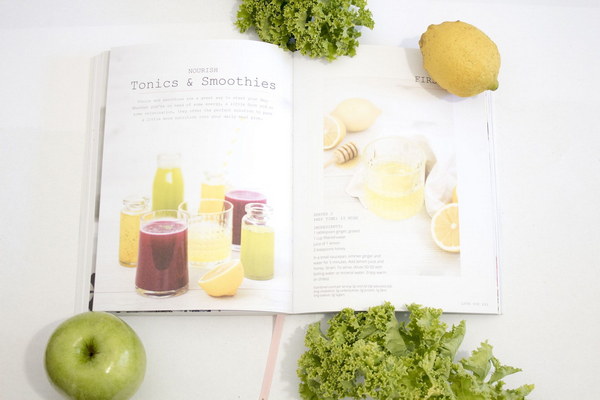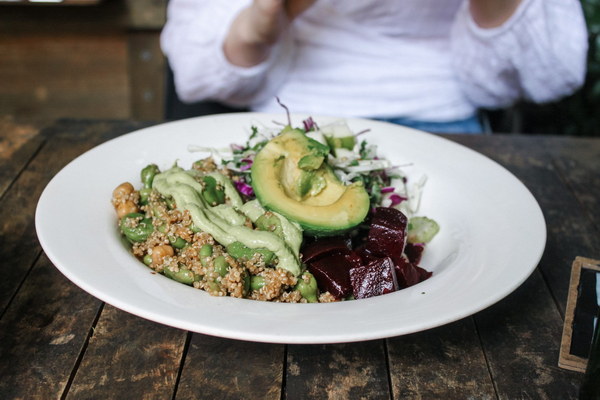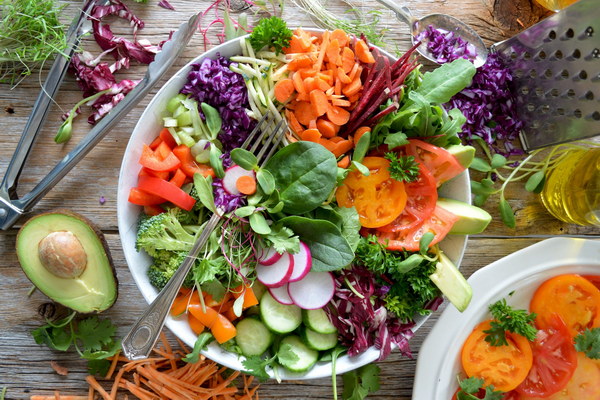The Ultimate Guide to Liver Health for Middle-Aged Adults Nurturing Your Well-Being
Introduction:
Liver health is a crucial aspect of overall well-being, particularly for middle-aged adults who may be more susceptible to liver-related issues. The liver plays a vital role in filtering toxins, metabolizing nutrients, and producing essential substances. As we age, our liver's efficiency may decline, making it essential to take proactive measures to maintain optimal liver health. In this comprehensive guide, we will explore various strategies to help middle-aged adults nurture their liver health and lead a fulfilling life.
1. Understanding Liver Health:
The liver is a vital organ that performs numerous functions, including:
- Filtering blood: The liver filters harmful substances from the blood, such as toxins and bacteria, before they reach other parts of the body.
- Metabolizing nutrients: The liver breaks down nutrients from food, such as carbohydrates, proteins, and fats, to produce energy for the body.
- Producing bile: Bile is essential for digesting fats and absorbing fat-soluble vitamins.

- Storing vitamins and minerals: The liver stores vitamins and minerals, such as vitamin A, D, E, and K, and iron.
- Regulating blood clotting: The liver produces clotting factors that help prevent excessive bleeding.
2. Liver-Healthy Diet:
A balanced diet rich in nutrients can support liver health. Consider the following tips:
- Increase fiber intake: High-fiber foods, such as fruits, vegetables, whole grains, and legumes, help reduce the risk of fatty liver disease and improve digestion.
- Consume antioxidants: Foods rich in antioxidants, such as berries, dark chocolate, and green tea, can help protect the liver from oxidative stress.
- Limit alcohol consumption: Excessive alcohol intake can lead to liver damage, such as cirrhosis and liver cancer. Aim to consume alcohol in moderation or avoid it altogether.
- Eat a variety of vegetables: Vegetables like broccoli, spinach, and kale are high in vitamins, minerals, and antioxidants that promote liver health.
- Include healthy fats: Omega-3 fatty acids found in fish, nuts, and seeds can help reduce inflammation and support liver health.
3. Regular Exercise:
Physical activity is crucial for maintaining liver health. Regular exercise can:
- Improve metabolism: Regular exercise can help manage body weight and reduce the risk of fatty liver disease.
- Increase blood flow: Exercise increases blood flow to the liver, aiding in the removal of toxins and waste products.
- Boost immune function: A strong immune system can help prevent infections and reduce the risk of liver inflammation.
4. Avoid Harmful Substances:
To maintain liver health, it is essential to avoid or limit exposure to harmful substances, including:
- Tobacco: Smoking increases the risk of liver disease, including liver cancer.
- Illegal drugs: Many illegal drugs can cause liver damage, including hepatitis and cirrhosis.
- Pesticides and other chemicals: Minimize exposure to harmful chemicals found in household cleaners, personal care products, and pesticides.
5. Regular Check-ups:
Regular medical check-ups are essential for detecting liver-related issues early. Your healthcare provider may recommend liver function tests to assess your liver's health. If you have risk factors for liver disease, such as a family history or excessive alcohol consumption, it is crucial to discuss them with your doctor.
Conclusion:
Liver health is a critical aspect of overall well-being for middle-aged adults. By following these tips, you can nurture your liver and reduce the risk of liver-related issues. Remember to maintain a balanced diet, engage in regular exercise, avoid harmful substances, and schedule regular check-ups with your healthcare provider. Prioritizing liver health can lead to a healthier, more fulfilling life.









